As the Goethe-Institut celebrates 50 years in Mumbai with a three-day festival, we look back on the entity that helped shape the cultural fabric of the city
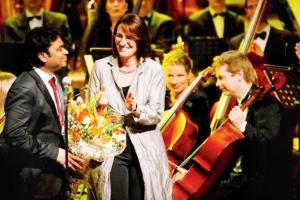
Marla Stukenberg, director of the Goethe-Institut in Mumbai between 2008 and 2013, with AR Rahman and the German Film Orchestra Babelsberg in 2012
In January 1970, Noshir Daruwala, had no idea what he was getting into when he switched jobs. He joined the Goethe-Insitut, a non-profit German cultural association, in the administration department and stayed for over 25 years. Now, as the institute commences its 50 years celebrations, the 82-year-old sits down for an interview at their Kala Ghoda office. And he's here with not only an idea but also a deep understanding of his former workplace and its relationship with the city and our country, at large.
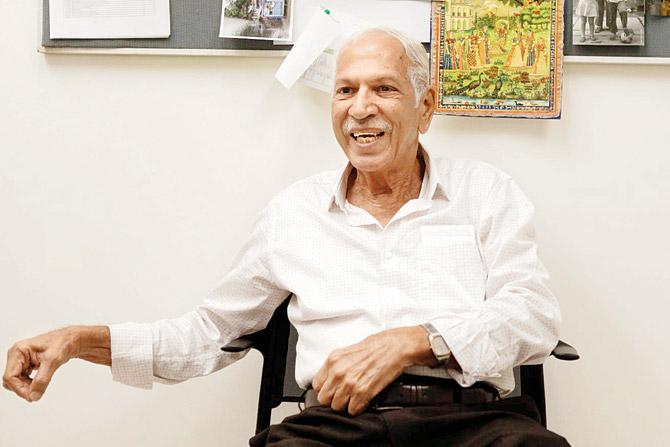
Noshir Daruwala
ADVERTISEMENT
Going uphill
Named after the German writer and statesman Johann Wolfgang von Goethe, the institute's India centres are called Max Mueller Bhavans (MMB) in honour of the indologist. It came to Mumbai on December 2, 1968. Helmed by Heimo Rau and Dirk Angelroth, it occupied the ground floor of philanthropist Bapsy Sabavala's bungalow at Malabar Hill and conducted German language classes. After being officially inaugurated the following year, it forayed into cultural activities, too. With the image of Sabavala sitting on a majestic chair with a stick by the entrance etched in his memory, Daruwala recalls the programming of the old days, "We had in-house concerts, film shows and exhibitions. So you had Zakir Hussain performing in the director's room, which could accommodate about 60 people. We also had Lalita Lajmi exhibit her works."
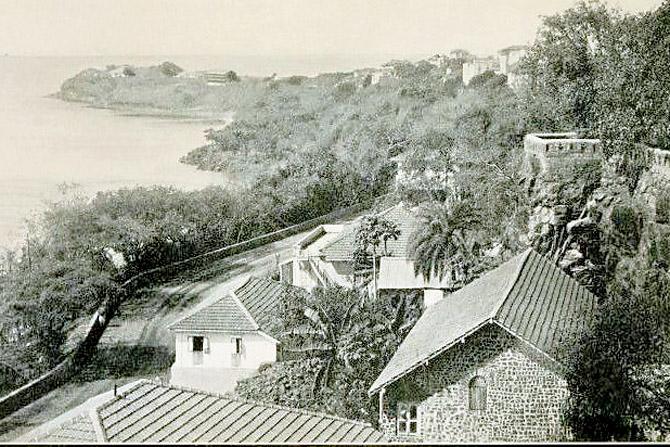
Malabar Hill in 1969, the year the Goethe Institut was formally inaugurated whilst situated in Bapsy Sabavala's bungalow
Around the same time, the institute also began its association with Jini Dinshaw, the founder of the Bombay Chamber Orchestra (BCO), and donated oboes, the double bass and a piano to them. In 1972, they relocated to their current location in the CSMVS Museum annexe. "In '76, the director Joachim Buehler, who was trained in classical music, began conducting the BCO while his wife Situ Singh sang in the choir," Daruwala shares.
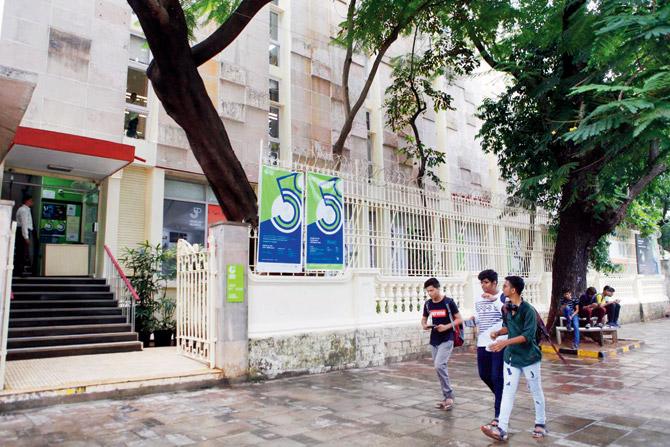
The Max Mueller Bhavan moved into its current Kala Ghoda office in 1972. Pics/Ashish Rane
City spotlight
An important project took shape under Georg Lechner. Named East West Encounters; it comprised collaborations with renowned dancers Chandralekha, Astaad Deboo, Susanna Linke as well as artists. In 1993, architect Rahul Mehrotra suggested a workshop on urban conservation to director Anna Winterberg titled Conserving an Image Centre. This initiative ultimately resulted in India's first urban conservation legislation with the Fort area being declared a conservation zone. And in '98, after years of being the "handyman", Daruwala retired and started a business, though he still maintains an enthusiastic association with MMB.
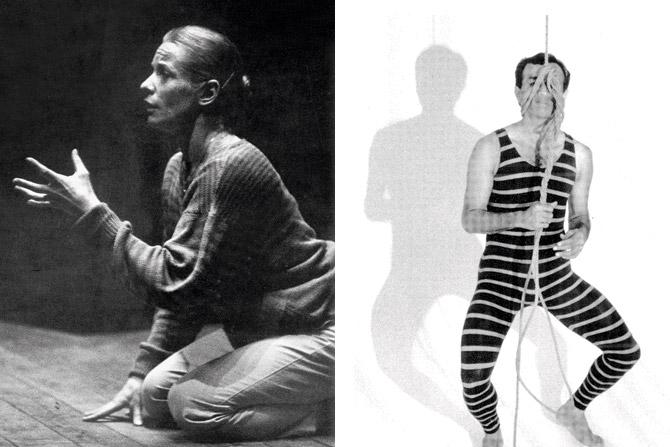
Susan Link and Astaad Deboo and Susan Link performing at East-West Encounters. Pics Courtesy/Max Mueller Bhavan Mumbai
Whatever the scenario, a key quality attributed to MMB Mumbai is its ability to make things work. Marla Stukenberg, the current director of the Goethe-Institut Korea, who served as the director in the city between 2008 to 2013, recalls a demanding task. A concert by the famous Ensemble Modern and an open-air dinner at the NCPA was planned. But a typhoon alert, she says, caused the venue to shut its doors. "Don't ask me how, but the MMB team within very few hours managed to redirect all guests to our institute, scaled down the concert to a smaller presentation in our library and rearranged the complete dinner at a restaurant in Kala Ghoda... By the way, finally the typhoon opted to change its direction and let off steam over the sea. We had a great evening."
Looking ahead
The golden jubilee celebrations kick-started yesterday; the weekend will see the opening of a solo exhibition by Nalini Malini, a video mapping evening as well as a concert by Alif and Ulrike Almut Sandig.
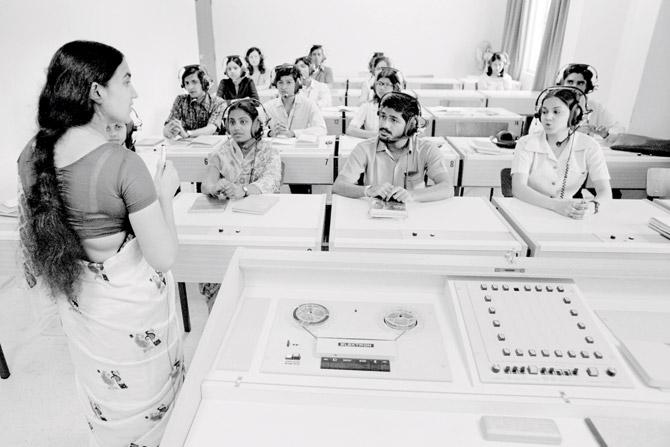
A class in the language lab in 1973
With festival planning already underway, Björn Ketels, joined MMB Mumbai as the director in March this year, after serving in Munich, Sri Lanka and Sudan. After visiting the city in 1997 on a backpacking trip, he says, "It felt like home very quickly." The 43-year-old states a clear vision during his tenure here with three focus areas. Although arts and technology, and sustainability and ecology remain key themes, Ketels is also looking to focus on musical activism. He adds, "We don't want to look at it from a perspective of genres as much as the artists, their intentions and how they're trying to make the world a better place."
.jpg)
Bjorn Ketels. Pic/ Akshay Sawant
1968
German language classes by the Goethe-Institut began at Malabar Hill
LOG ON TO www.goethe.de/ins/in/en/sta/mum.html (for the anniversary programme)
Catch up on all the latest entertainment news and gossip here. Also download the new mid-day Android and iOS apps to get latest updates
 Subscribe today by clicking the link and stay updated with the latest news!" Click here!
Subscribe today by clicking the link and stay updated with the latest news!" Click here!







